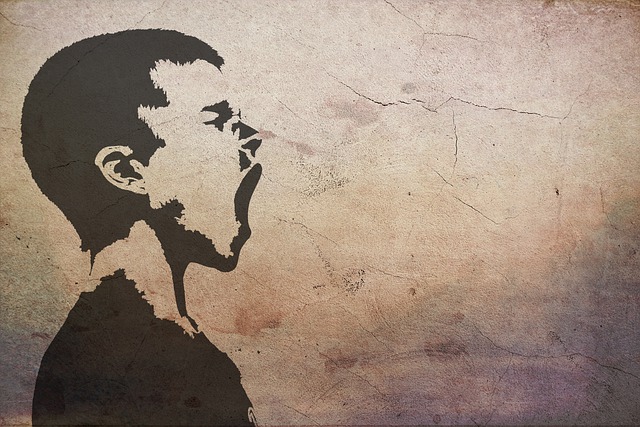
The Minister of Home Affairs, in one of his latest press briefings, differentiated between the terms “children” and “adolescents.”
As a teacher of children, adolescents and adults, it is my duty to clarify any confusion regarding this matter. But it was far more complex than I initially thought.
According to Cambridge dictionary, the definition of “Children” is “a boy or girl from the time of birth until he or she is an adult, or a son or daughter of any age”.
The Convention on the Rights of the Child (CRC) is the most universally accepted human rights instrument, ratified by every country in the world except two (and Bangladesh is not one of the exceptions). The Convention incorporates the full range of human rights—civil, political, economic, social, and cultural rights—of children into one single document. The Convention was adopted by the UN General Assembly on 20 November 1989 and entered into force in September 1990.
The Convention outlines in 41 articles the human rights to be respected and protected for every child under the age of eighteen years.
Article 1 of this document clearly states the definition of child as “every human being below the age of eighteen years, unless the national law considers majority attained at an earlier age”.
Now, let’s take a look at what Bangladeshi law considers a “child.” The Children Act 2013 clearly defines it in Section 4, “Notwithstanding anything contained in any other law for for the time being in force, all persons up to the age of 18 (eighteen) years shall be regarded as children for the purposes of this Act”.
Finally, according to Banglapedia, “Children in Bangladesh are grouped in three categories: shishu – anybody under 5 years of age, balak or balika – a child of 6 to 10 years and kishor or kishori – a child of age between 11 and 14”.
Now, the question arises: where do individuals aged between 15-17 fall? They are called “adolescents.” According to The Tea Plantation Labour Ordinance of 1962, it means a person who has completed 15 but not 17 years. According to The Factories Act of 1965, it means a person who has completed 16 years but is below the age of 18 years.
Naturally, the question arises whether these adolescents are considered “children.” Let’s look at the Bangladesh National Adolescent Strategy document (finally published on 15 December 2020). It defines “adolescence” as “a period of human growth and development that occurs after childhood and before adulhood and includes those persons between 10 and 19 years of age.
Let’s come full circle now: how does the Cambridge Dictionary define adolescence? “A young person who is developing into an adult”—meaning not an adult yet. But the Bangladeshi perspective is not to consider them as children. In a Prothom Alo report published on 5 July 2023, titled “Children Act: Lowering age below 18 years to define a child goes against international law,” Naznin Akhter asked the Liberation War Affairs Minister AKM Mozammel Haque what the new age limit for children would be. He said that it should not be more than 14 years and that teens aged between 14-18 should be considered adolescents and thus should be subject to punishment.
This is so problematic…
If we deny these adolescents the rights and protections afforded to children, do we not also deny them the guidance and support they need to navigate this critical stage of their lives? Adolescence is a time of profound transformation, a bridge between the innocence of childhood and the responsibilities of adulthood. By categorizing them as neither children nor fully adults, we risk losing the essence of their unique developmental needs.
Shouldn’t our laws and policies reflect the complexities of their experiences rather than forcing them into rigid categories? For argument’s sake, if they are old enough to be held accountable as adults, should they not also be granted the full spectrum of rights that come with adulthood, including the right to vote, to have their voices heard in shaping the society they are inheriting?
These young individuals are not just the future of our nation; they are the present, actively participating in the discourse, innovation, and progress of our society. To marginalize them based on an arbitrary age distinction is to overlook their potential and contributions. While we have been preoccupied with definitions and categories, Gen Z has been busy redefining this nation and what it stands for. They are not merely talkers like us; they believe in action. Perhaps that is how things should be done.

0 Comments